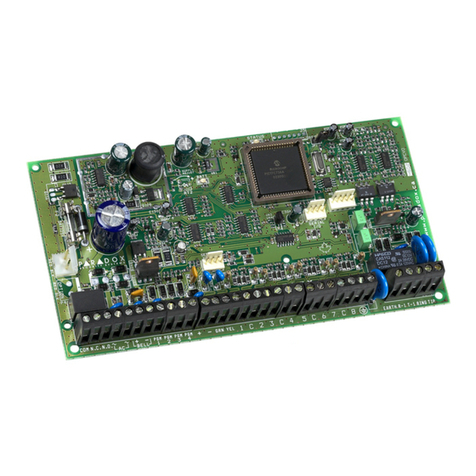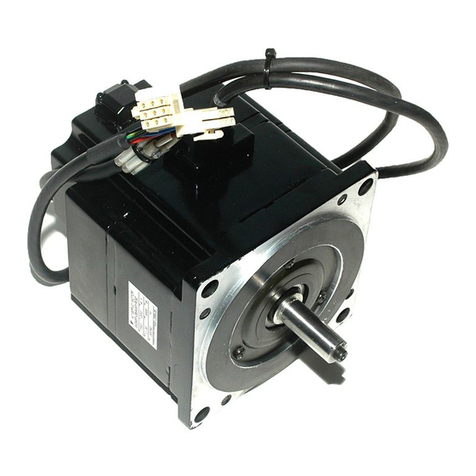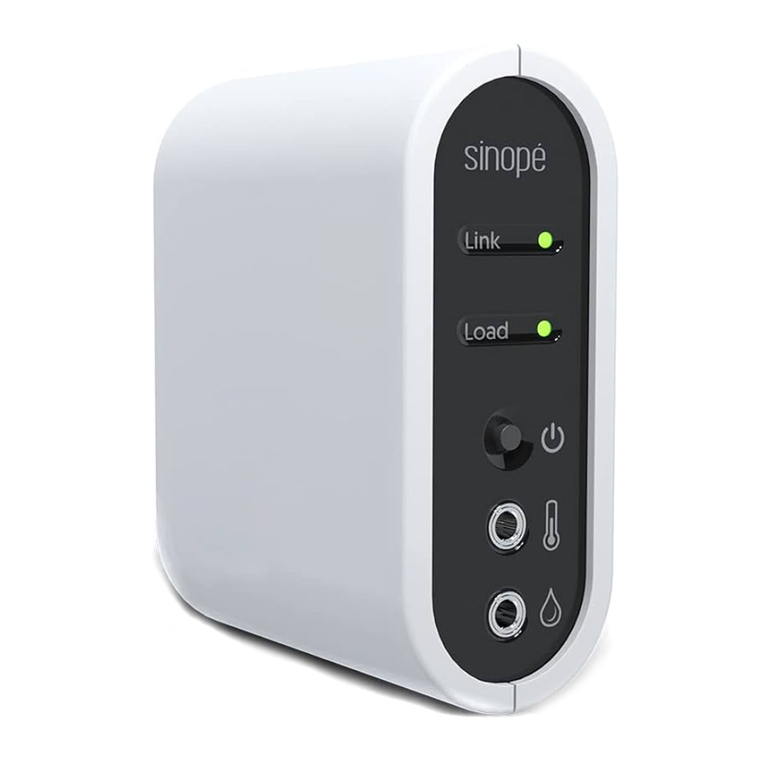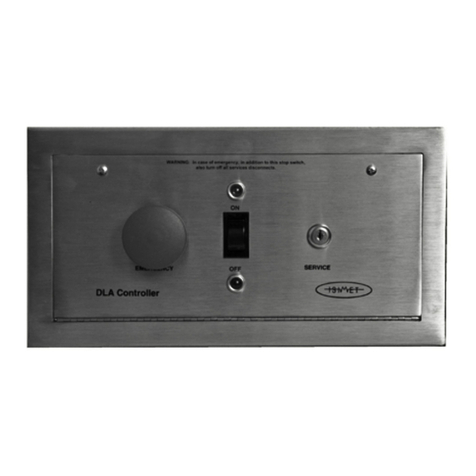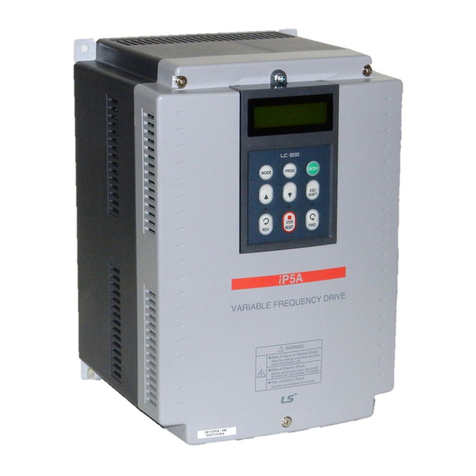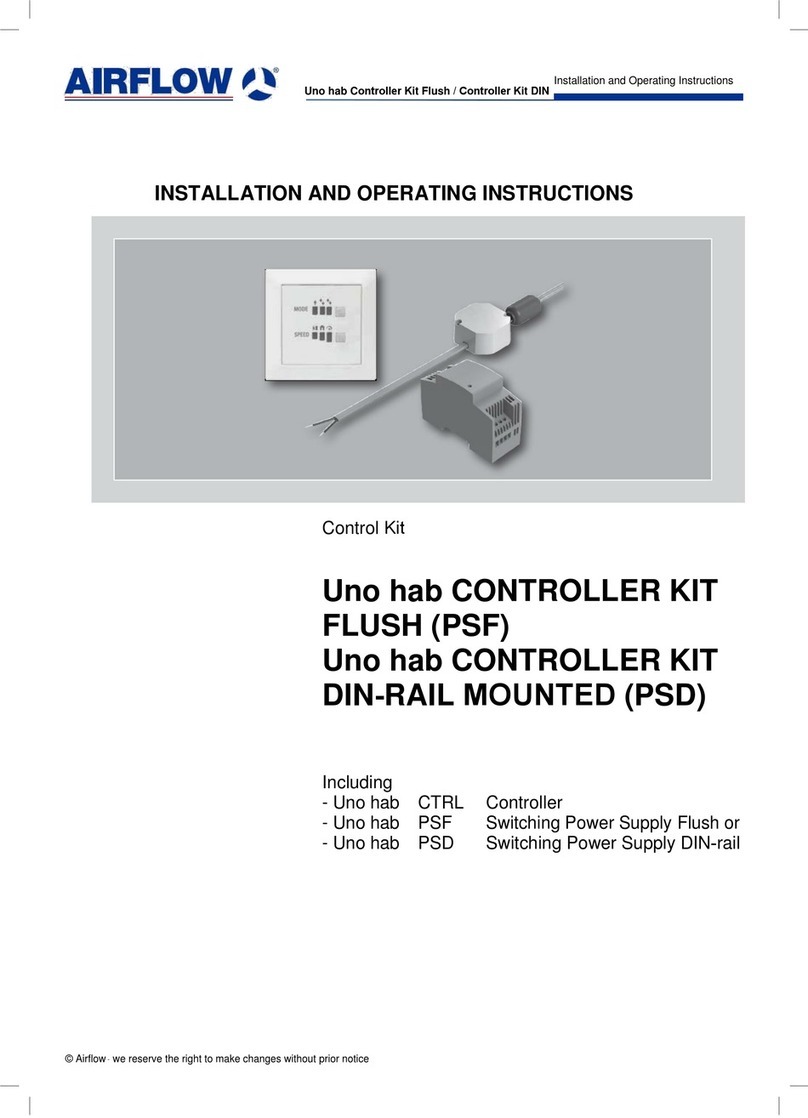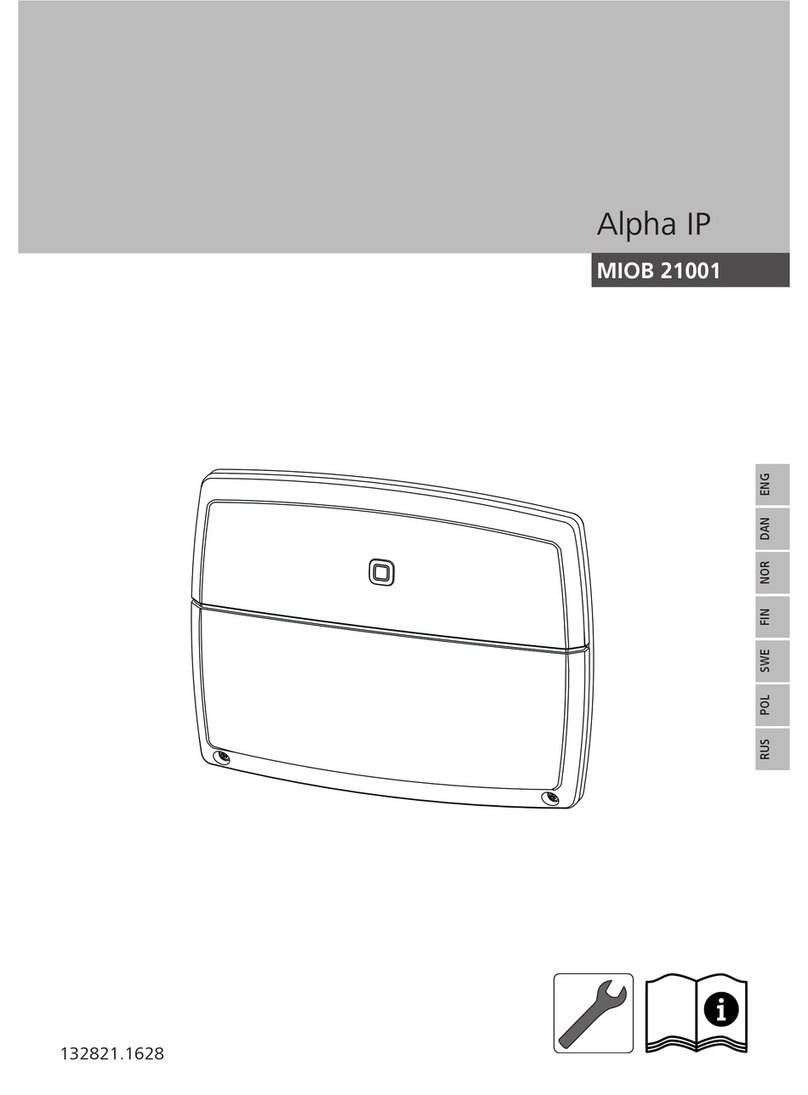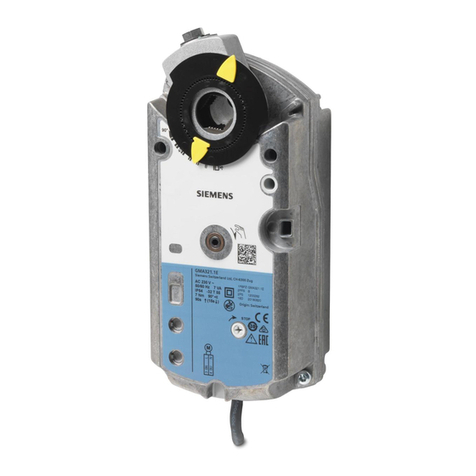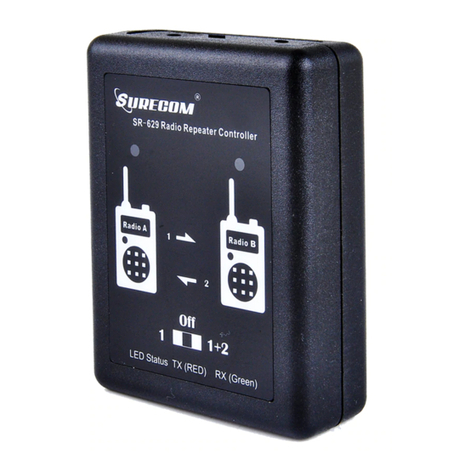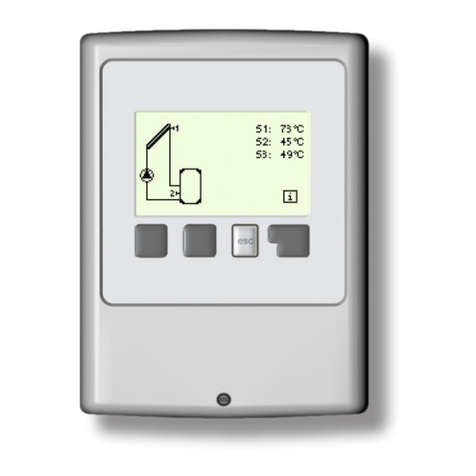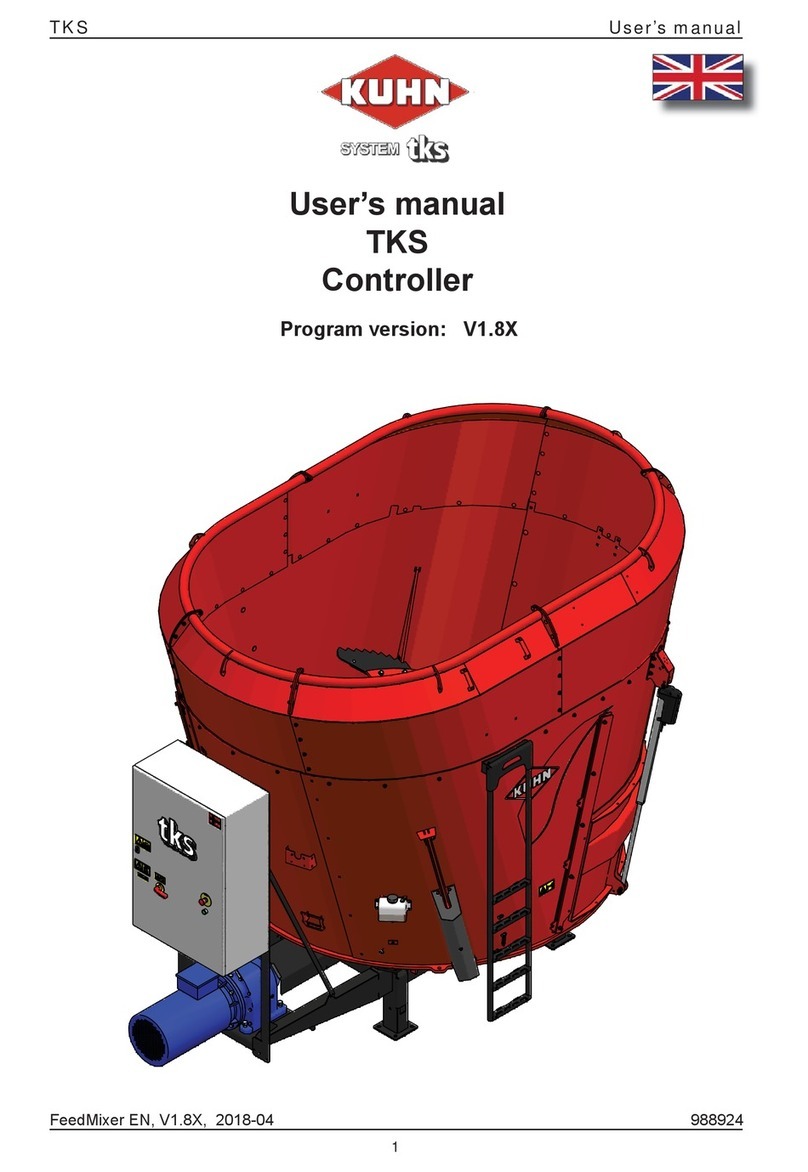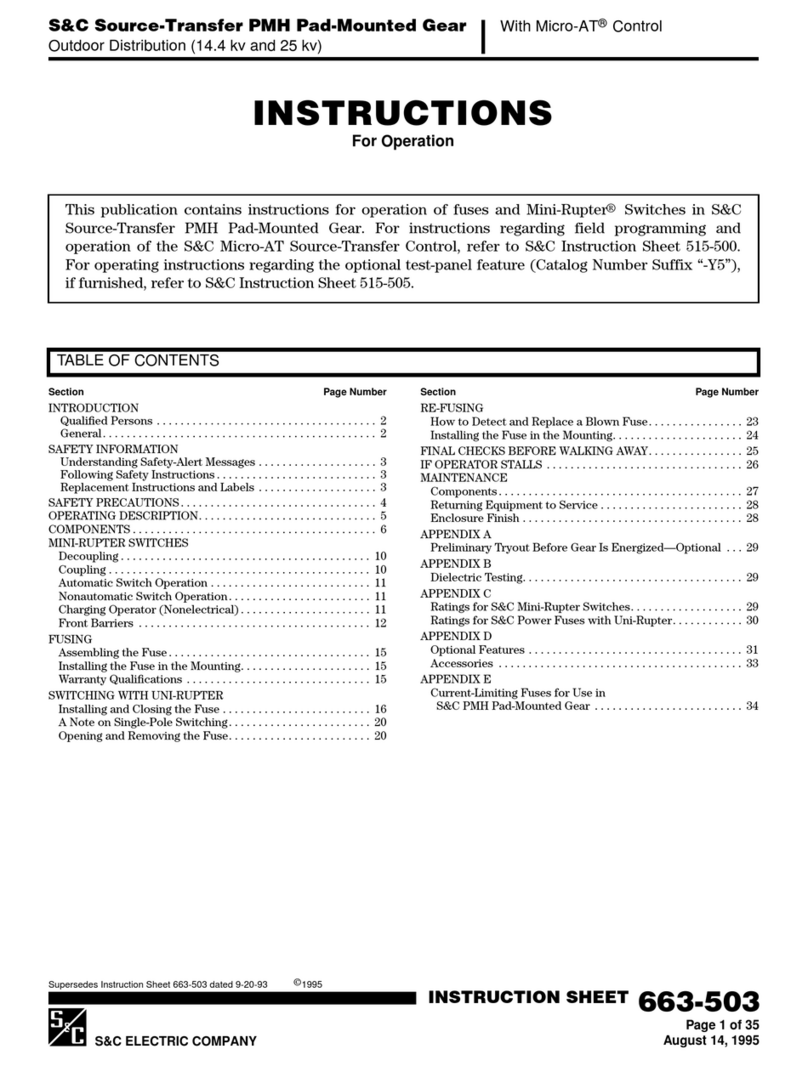4
recv
'&&$"3%($&$'"$%%'&'$%$%."3
''"&F
'%""&"4'
.&"($
$ +,$&."4'4"$&""$%."$$'%"
&%%$&$$.'"&?(&&3"&3$''$&"$$("$&
)(&F
com.send("{M00****\r\n")
<"&$$&$"$
s = com.recv()
"4&$&&%($"$%
print("Received answer was: " + s)
'$$&$&&
41#$&
recv_bytes
'&#$%($&$'"$%%'&'$%$
%."3''"&F
'%""&"4'
.&"($
&%"($?(&&3"&3$''$&"$$("$&
$F"&&'#&'%'#&/
)(&F
com.send_bytes(bytearray([0 00, 0 00, 0 00, 0 00, 0 00, 0 02, 0 FF, 0 41])
ba = com.recv_bytes()
open(first, second)
&"$%%'$$&("&&"$&%($&F
$$F9"&$($F''&&$#&'$''&&$'4"
&'($"&$$$$
'#&/F9"&$($F''&&$#&'$''&&$'4"
&'($"&$$$$
""$%F9"&$($F$&'%(("&""$%("$&$%D
."3&F
'-"'.&$$/($D$"&?%/?%/ ?
'")$'4"$#&'%(("6M'4MC?M'4MC8?L7
&'($"&$#'$
)(&F
com.open("192.168.0.1", 8081)
&$22$$$''&&
5 ,2
com.open("192.168.0.1", 502)
&$+ $$$''&&
5 ,2
com.open(0, 9600)
&4"/."$5,8'
com.open("/dev/ttyACM0", 9600)
&4"M'4MC/&'&":"&
$<"'
com.open("/dev/ttyS0", 115200)
&4"M'4MC6/'")7."$+
8'
&$1($
&'$&$$(."$"&#$'"%$("$$$D
$&"4'(4
set_timeout(time)
"&&":'"&'&"%&%
&'&
)(&F
! "#""$%&'("&"$&)''
